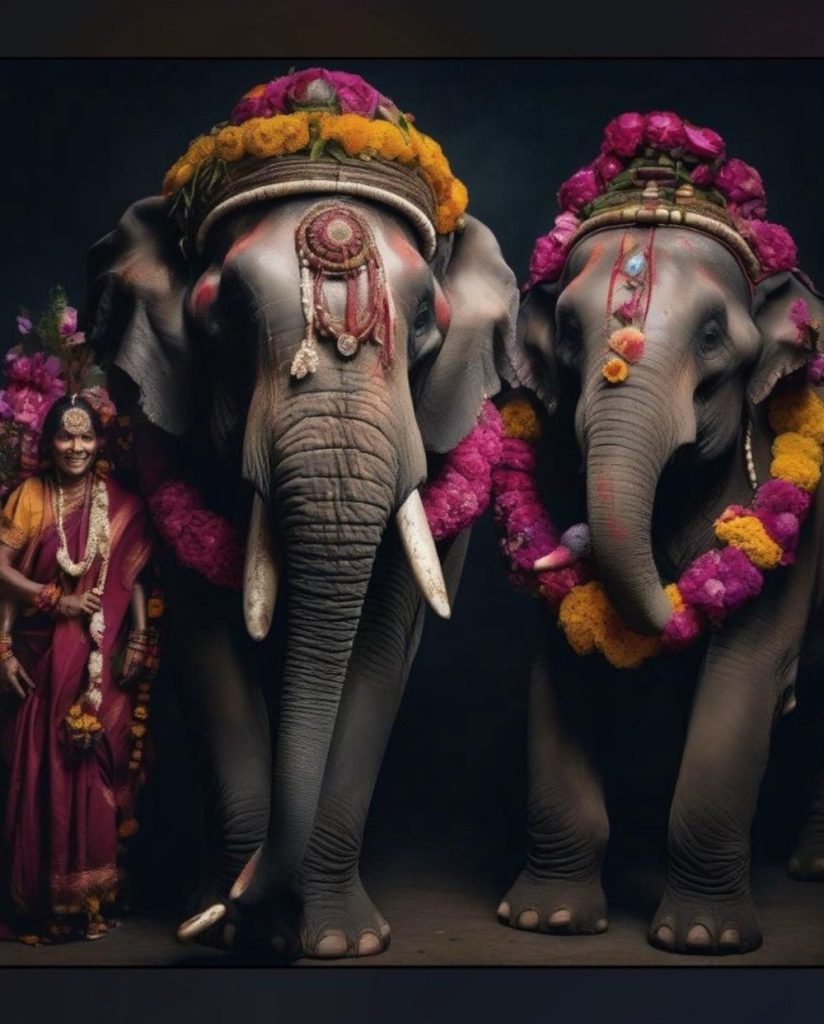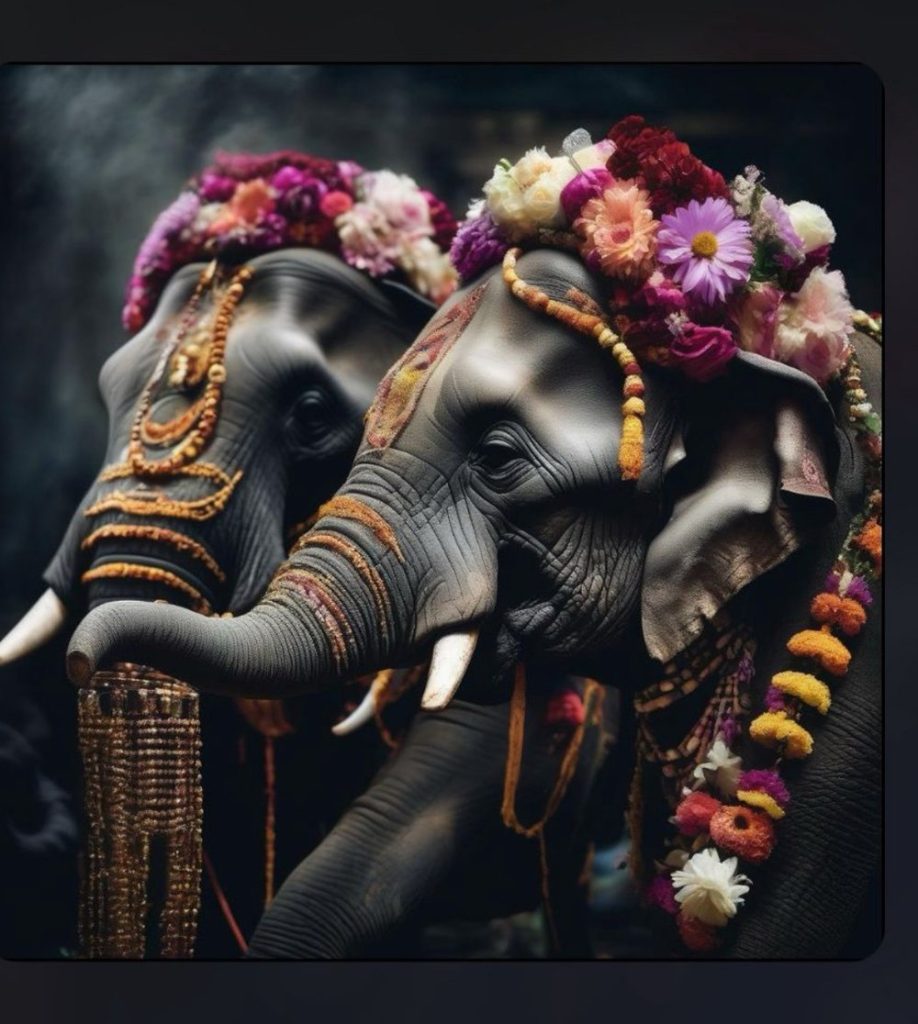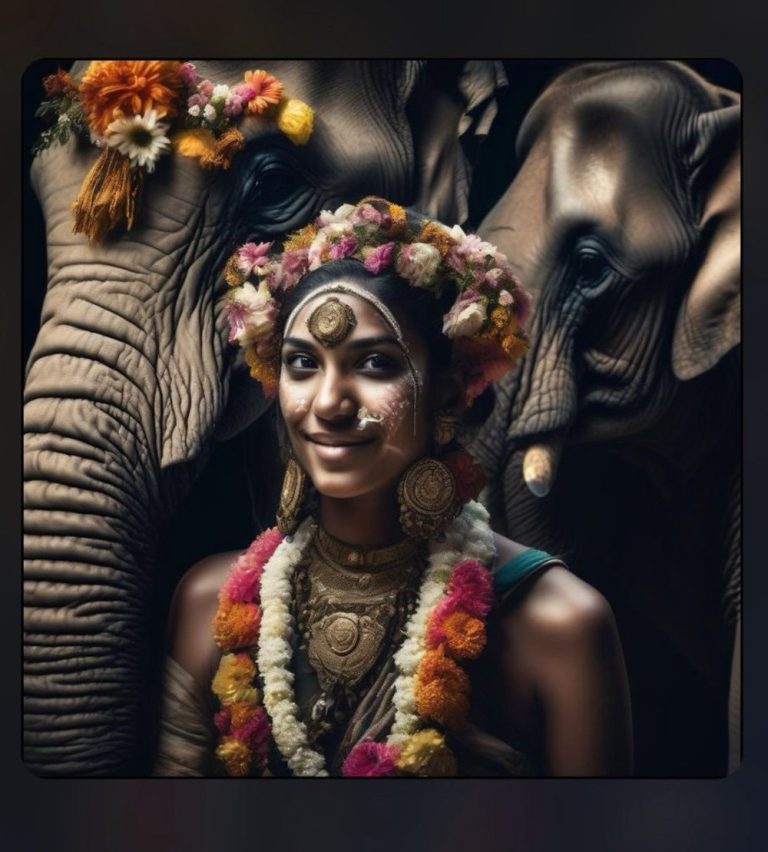Camille Ross was born in 1964 in San Francisco, California, and her upbringing spanned two strikingly different worlds. She spent her early years in the politically charged environment of Berkeley during the 1970s and later moved to rural Mississippi. These contrasting landscapes shaped her worldview and artistic approach, providing a unique lens through which she examines society.

Ross’s biracial heritage and Cherokee ancestry added another layer to her understanding of identity and culture. Growing up, she witnessed stark cultural segregation among African American and Native American communities, particularly in the face of systemic racism embedded in the dominant Anglo culture. These early experiences became the bedrock of her work, which focuses on telling the stories of marginalized lives.
Ross pursued her education with a clear commitment to her craft. She graduated from Goddard College and earned her MFA from the Cranbrook Academy of Art in 1991. Over the years, her talent and vision have been recognized with several grants and awards. These include honors from the New Mexico Council on Photography, the Tucson Council on the Arts, and a fellowship with the International Women’s Foundation of Marfa, Texas. Each of these accolades highlights her dedication to exploring the complexities of culture and humanity through her work.

One of Ross’s standout projects, The Gathering of the Elephants, exemplifies her ability to connect viewers with distant cultures while addressing universal themes of respect, harmony, and coexistence. This series captures the rituals of a small village in India, where elephants are deeply revered.
The villagers, outnumbered by elephants, celebrate these animals as sacred beings, equal to their gods. During an annual festival, elephants are adorned with vibrant floral wreaths made of marigolds, orchids, and carnations. These fragrant decorations are a symbol of the villagers’ gratitude and reverence. Ross’s photographs capture this event, emphasizing the peaceful coexistence between humans and elephants in this unique community.
Through her lens, Ross shows the intimate relationship between the villagers and their elephants. Her images highlight how the animals roam freely among homes and fields, offering protection and companionship. The festival itself serves as a moment of collective joy and gratitude, as villagers ask the elephants for blessings—whether for rain, health, love, or personal happiness.
Ross’s work also explores the idyllic lifestyle of the village. The community thrives on self-sufficiency, vegetarianism, and an abundance of natural resources. Fields of kale, cantaloupes, and flowers stretch across the landscape, while mango trees produce fruit so plentiful that much of it is reserved for the elephants. The rest is used to create an exotic tincture, highly valued worldwide, which brings wealth to the villagers.
Ross’s photography captures the daily harmony of this community. Her images depict elephants nurturing their young, villagers engaged in prayer, and the eccentric village doctor walking alongside her elephant companion, Shanti. Each photograph serves as a testament to the deep connection between the people and their environment.
Ross’s broader body of work aligns with the themes seen in The Gathering of the Elephants. She consistently uses her photography to amplify the voices of underrepresented communities, shining a light on their resilience and dignity. Her images are not just aesthetic compositions but powerful narratives that call attention to the beauty and strength of lives often overlooked.
Her ability to seamlessly document both human and non-human subjects reflects a deep respect for her craft and her subjects. Ross’s work invites viewers to consider the interconnectedness of life and the shared humanity that binds us all.
Camille Ross’s journey as an artist is shaped by her personal experiences and an unwavering commitment to social justice. Her photographs transcend mere documentation; they serve as a bridge between cultures, offering insights into lives far removed from our own.
Ross’s ability to capture the essence of marginalized communities ensures her work remains relevant and thought-provoking. Whether photographing a festival in India or addressing systemic racism in the United States, her lens reveals the resilience and beauty of those who persevere in the face of adversity.
Her photography stands as an enduring testament to the power of art to inform, inspire, and connect. Through her thoughtful and deliberate approach, Ross continues to bring untold stories to light, encouraging us all to see the world—and its people—through a more compassionate lens.

